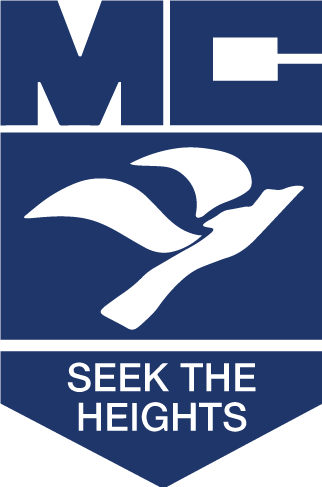Health and Physical Education
Teaching and learning within the Health and Physical Education curriculum is designed to empower our students to remain active and to learn to work cooperatively and constructively with people of all cultures and abilities. We endeavour to give students the ability to think critically about the world around them, to make informed decisions on how to live a healthy life and to take action for their own wellbeing and that of others within their community.
Health Consultation
We are currently gathering feedback on our Health Programme at Māngere College. Parents and caregivers can you please click on the button below to read more and complete our survey.
Health Education
In health Education students develop their own understanding of the factors that influence the health of individuals, groups and society, which include: lifestyle, economic, social, cultural, political and environmental factors. They develop competencies for mental wellbeing, reproductive health and positive sexuality, drug and alcohol education and nutrition.
Junior health
In junior Health students are encouraged to investigate ways in which well-being can be affected in a range of contexts and to develop strategies to cope with difficult or challenging situations.
This can include:
Hauora/Well-being
Drug and alcohol education
Positive relationships and assertive communication
Food and nutrition
Sexuality education
Mental health
Senior health
In years 11-13 the underlying concepts are extended and examined in more depth. These include hauora/well-being, socio-ecological perspectives and attitudes and values. Students experience opportunities to investigate current and relevant issues in New Zealand and across the world, critically think about causes and effects of these issues and to develop strategies to promote health and wellbeing for both individuals and communities.
Health is an university approved subject
Physical Education
In Physical Education the focus is on movement and its contribution to the development of individuals and communities. Students are encouraged to engage in movement experiences that promote and support the development of physical and social skill. Our units foster critical thinking and action, and enables students to understand the role and significance of physical activity for individuals and society.
Junior Physical Education
In Year’s 9 and 10 students are challenged to engage in a range of contexts to develop their physical and interpersonal skills. Our units promote inclusion, personal and social responsibility, and help to develop leadership skills. Students will explore biophysical and socio-cultural concepts that can impact and enhance movement and physical activity experiences for individuals and communities. This include:
Aquatics and water safety
Adventure Based Learning
Basic Anatomy, exercise physiology and biomechanics
Impact of societal influences on physical activity
Social Responsibility
International games and cultural diversity
Invasion and striking skills and strategies
Senior Physical Education
Senior Physical Education extends students’ knowledge of biophysical concepts and socio-cultural factors investigated in the junior school. Students are given opportunities to further understand, develop and implement aspects of skill improvement, training programs and group processes to enhance both sports performance and interpersonal skills. Our units encourage critical thinking and challenge assumptions relating to health, fitness and sports performance concepts.
These include:
Anatomy, Biomechanics and Exercise Physiology
Outdoor education
Interpersonal skills and group processes
Performance Improvement
Methods and Principles of training
Impact of issues and events on sports/physical activity
Leadership strategies
Officiating and refereeing
Physical Education is an university approved subject

